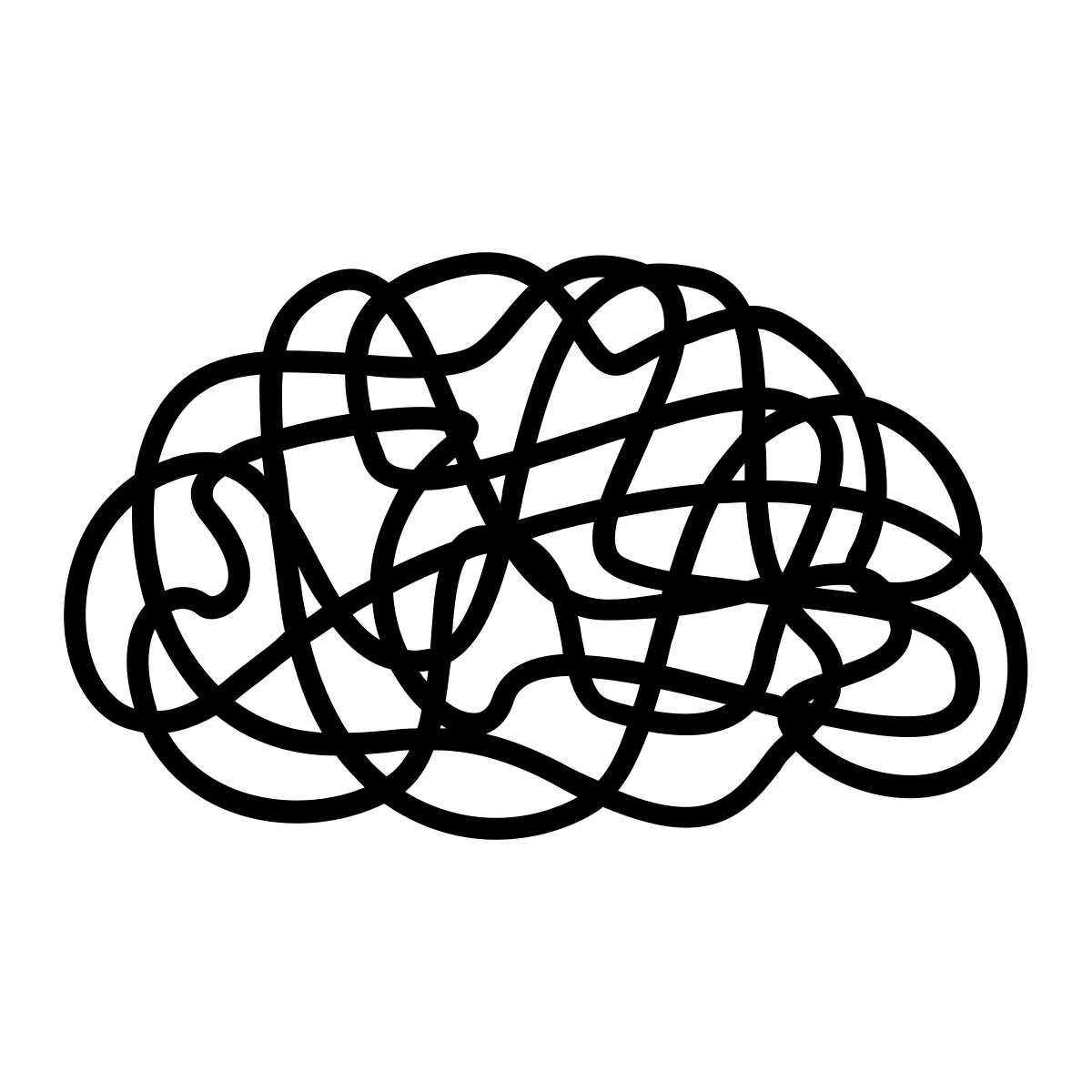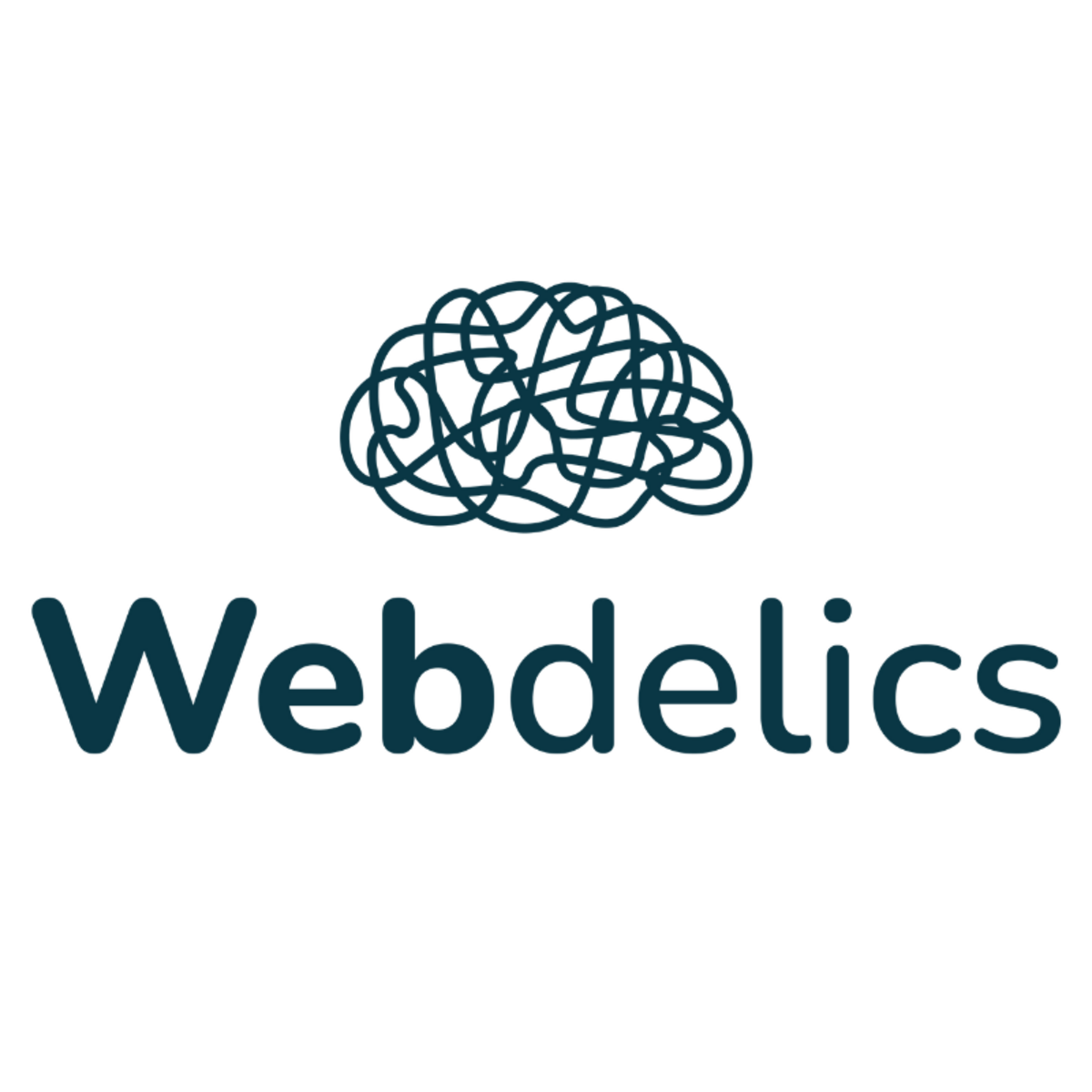
Welcome to the world of plant medicines and psychedelics.
⚡ This newsletter is for those who…
Keep hearing about psychedelics and plant medicine but have no idea what they’re used for.
Have never taken a psychedelic before and are curious about what they can help.
Are struggling with their mental health and are looking for alternative options.
Want a central place to get research, science-based protocols, and emerging trends in the field.
🪧 In this weekly newsletter, we will dive deep into the data, research, and trends occurring in the plant medicine and psychedelic landscape so you can be educated and empowered to make your own decisions.
For Free.
🧠 Welcome to The Guide! - by Webdelics
First time reading? Click HERE to subscribe.

In Today’s Email:
🗞️ Media & Research
Updates from Around the Scientific Community
📲 Community Discussions
Why do people find themselves searching for plant medicine and psychedelics for treatment?
📜 Top Article
The Top Ten Myths About Psychedelics and Psychedelic Therapy - Separating Fact from Fiction

🗞️ Media & Research
Updates from Psychedelic and Plant Medicine
Does the use of traditional SSRIs compromise the outcomes of psilocybin as a therapy? Early data is providing insights to answer that question…
Curious to know what it’s like to take acid (LSD)? While we can’t provide you with the experience, we can give you a written secondhand experience of what it’s like…
Is marijuana a psychedelic? Here’s an interesting debate on why plant medicines may be considered psychedelic, but psychedelics aren’t always considered plant medicines…
Could taking psychedelics make you a better person? We can’t speak for everyone, but a recent meta-analysis provides further evidence that they may make you more empathetic…
Does cannabis use affect age-related cognitive decline? Insights from a study of 5000 men followed for an average of 44 years may hold the answer…

📲 Community Discussions
The Guide is a key part of Webdelics, where community drives everything we do.
Our goal is to build a world-class platform where people can ask questions, share their experiences, and learn about plant medicine and psychedelics in a safe and confidential space.
But much like you, we’ve often wondered the same question…
Why do people find themselves searching for plant medicines and psychedelics for treatment?
What causes them to seek these medicines instead of traditional Western practices?
What does the future look like for this quickly growing landscape?
So, we’ve actively collected video and written testimonials from people who have had psychedelic and plant medicine experiences to learn more about WHY they chose this path.
💥 Curious to learn what they had to say? Look no further!
If you want to see other people’s stories or share your own, please do so HERE.

📜 Top Article
The Top Ten Myths About Psychedelics and Psychedelic Therapy - Separating Fact from Fiction…

From being labeled as dangerous “party drugs” to commonly held misconceptions about their legal status and therapeutic potential, myths about psychedelics and plant medicine often prevent people from seeing their true value…
So, it’s time to set the record straight…
🎉 Myth #1: Psychedelics Are Just "Party Drugs"
While some use psychedelics recreationally, their origins and potential run much deeper.
Indigenous cultures have long used substances like psilocybin, ayahuasca, and peyote for spiritual and healing purposes.
And modern research backs their therapeutic value.
For instance, studies from Johns Hopkins and Imperial College London show that psilocybin can alleviate anxiety and depression in cancer patients, with effects lasting for months.
This isn't about partying—it's about profound healing.
🧠 Myth #2: Psychedelics Cause Brain Damage
The “brain on drugs” campaigns of the past often spread fear, not science-based facts.
Current neuroscience paints a different picture…
Psychedelics temporarily reduce activity in the brain's default mode network (DMN), which helps break negative thought patterns.
Research shows they even promote neuroplasticity—the brain’s ability to adapt and rewire itself.
A 2021 study found that substances like DMT (in ayahuasca) promote the growth of dendritic spines, essential for learning and memory.
🌪 Myth #3: Psychedelics Will Make You Go "Crazy"
The myth that psychedelics lead to insanity has been debunked by numerous studies…
A large-scale analysis found no correlation between psychedelic use and increased mental health disorders in healthy individuals.
However, those with pre-existing mental health conditions, such as a predisposition to psychosis, should approach these substances with caution.
With proper screening and guidance, psychedelics can be safely integrated into therapeutic settings.
🧪 Myth #4: Psychedelics Are Addictive
Unlike addictive substances such as opioids or stimulants, psychedelics do not target the brain’s dopamine reward system.
In fact, their rapid tolerance build-up discourages frequent use… Serendipitously, they’re currently being studied as treatments for addiction.
A notable study found that psilocybin-assisted therapy helped 80% of participants quit smoking for six months—a success rate far higher than traditional methods.
🛣 Myth #5: You’ll Lose Control on Psychedelics
While psychedelics alter perception, most people remain aware of their surroundings and actions.
The key to a positive experience lies in “set and setting.”
A calm mindset and a safe, supportive environment help guide users through intense emotional or sensory experiences.
Clinical trials often include trained guides to ensure safety and maximize therapeutic outcomes.
📎 Myth #6: Psychedelics Are "Quick Fixes" for Mental Health Issues
While psychedelics can lead to rapid psychological breakthroughs, they are not standalone cures.
Studies show their effects are most profound when paired with proper integration—reflecting on the experience and applying insights to daily life.
For example, a 2020 study in JAMA Psychiatry revealed that psilocybin, combined with psychotherapy, led to lasting reductions in depression.
But these outcomes relied on weeks of preparation and follow-up therapy, emphasizing that psychedelics are tools, not magic bullets.
📰 Myth #7: All Psychedelics Are the Same
Psychedelics differ significantly in their effects and therapeutic applications.
Psilocybin is often introspective and spiritual, while LSD amplifies sensory perception and can last up to 12 hours.
Ayahuasca, used in ceremonial contexts, induces intense visions and physical purging.
MDMA, though not a classic psychedelic, enhances emotional openness and is highly effective in treating PTSD.
Each substance offers unique benefits tailored to specific therapeutic goals.
☠ Myth #8: Psychedelics Are Illegal Everywhere
The legal landscape is changing rapidly.
In the U.S., Oregon, and Colorado have legalized psilocybin therapy, and cities like Oakland and Denver have decriminalized certain psychedelics.
Globally, countries such as Brazil and Peru allow ayahuasca for religious use.
Meanwhile, MDMA is on the brink of FDA approval for PTSD therapy, signaling a shift toward broader acceptance of psychedelics in medicine.
❤🔥 Myth #9: Psychedelic Experiences Are Always Fun and Easy
Psychedelic journeys can be transformative but aren’t always pleasant. Users may confront unresolved trauma or difficult emotions, often labeled as "bad trips."
However, these challenging experiences can lead to significant personal growth when processed in a safe, supportive setting.
A 2016 study found that most participants who had difficult psilocybin experiences later viewed them as valuable, citing increased self-awareness and psychological insight.
🫠 Myth #10: Psychedelics Have No Lasting Benefits
Clinical studies show that psychedelics can lead to enduring positive changes in mental health and personality.
For example, a landmark 2011 Johns Hopkins study found that a single psilocybin session increased openness, a personality trait linked to creativity, and these effects lasted over a year.
Similarly, MDMA-assisted therapy has shown long-term benefits for PTSD patients, with many maintaining improvements even a year post-treatment.
📚 Education is Key For Finding The Truth…
Understanding psychedelics requires separating myth from fact.
As research continues to validate their therapeutic potential, it’s vital to approach these substances with education, respect, and professional guidance.
And while we are beginning to see the research justifying the means and use of these substances in therapeutic settings, we’re still very early in this “psychedelic” journey…
Check out the full version of this article HERE.

💬 We will leave you with this…
Neil deGrasse Tyson stated, “The good thing about science is that it’s true whether or not you believe in it.”
Challenging our beliefs and knowledge is essential for finding the truth, especially in a crowded space like plant medicine and psychedelics.
Until next time…
🧠 The Guide Team - by Webdelics
👋 P.S. Was this helpful? Join our newsletter (for free) HERE.

